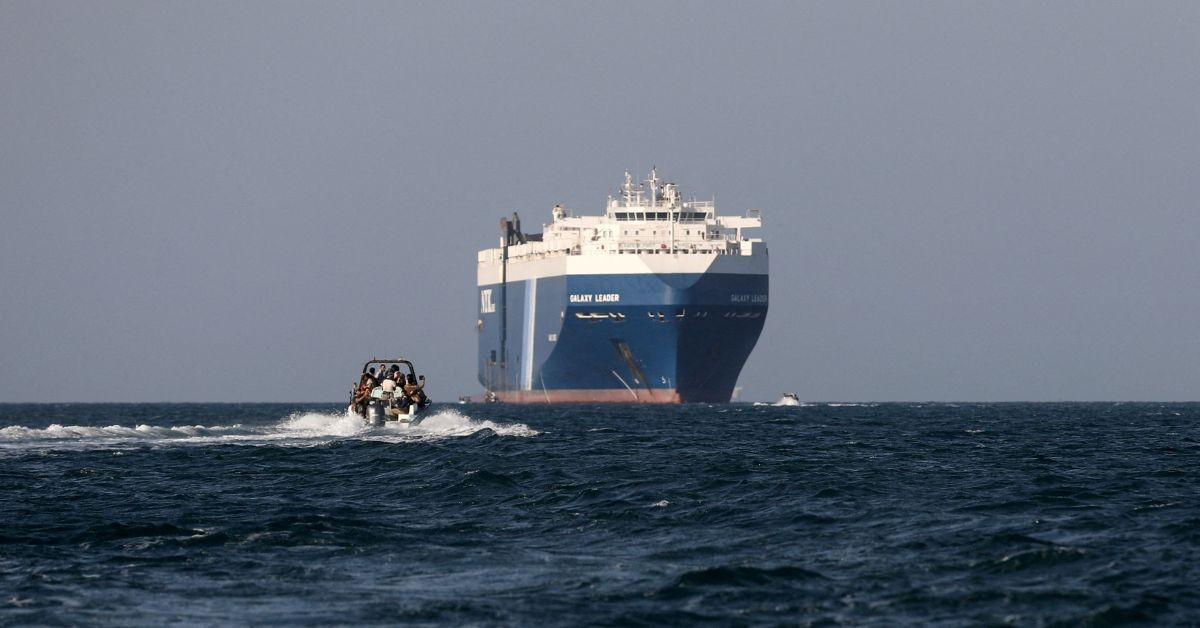Yemen’s Houthi rebels appear to have suspended their attacks on Israel and commercial vessels in the Red Sea, indicating a possible de-escalation as a fragile ceasefire continues to hold in Gaza.
In a letter addressed to Hamas’ Qassam Brigades and circulated online, Houthi military chief Maj. Gen. Yusuf Hassan al-Madani said the group is “closely monitoring developments” and warned that operations would resume if fighting in Gaza reignites.
“If the enemy resumes its aggression against Gaza, we will return to our military operations deep inside the Zionist entity and reinstate the ban on Israeli navigation in the Red and Arabian Seas,” al-Madani wrote.
While the letter marks the clearest sign yet that the Houthis have paused their campaign, the group has not issued an official statement confirming a halt in attacks. Israel’s military, which has carried out strikes killing several senior Houthi figures, has not commented on the development.
The Houthis rose to global prominence during the Israel-Hamas conflict through their missile and drone assaults on Red Sea shipping routes, claiming the actions were in solidarity with Gaza. Their campaign, however, often struck vessels with little or no connection to Israel, severely disrupting global trade through a waterway that once carried goods worth an estimated $1 trillion annually.
Since the Gaza ceasefire took effect on October 10, the group has not claimed responsibility for any new attacks. Their last known strike occurred on September 29, when a missile hit the Dutch-flagged cargo ship Minervagracht, killing one crew member and injuring another.
The U.S. and its allies have launched multiple airstrikes in response to the Houthi campaign. The Biden administration authorized attacks on underground bunkers and missile sites, including operations involving B-2 stealth bombers. Earlier in the year, a major bombing effort ordered by former President Donald Trump was halted shortly before his visit to the Middle East.
Despite the apparent pause in Red Sea hostilities, tensions remain high. The Houthis have recently threatened Saudi Arabia and detained dozens of U.N. and aid organization employees, accusing them—without evidence—of espionage, a claim strongly rejected by the United Nations and international relief groups.
If the ceasefire in Gaza endures, the halt in Houthi attacks could provide a much-needed reprieve for global shipping and regional stability in one of the world’s most critical maritime corridors.









